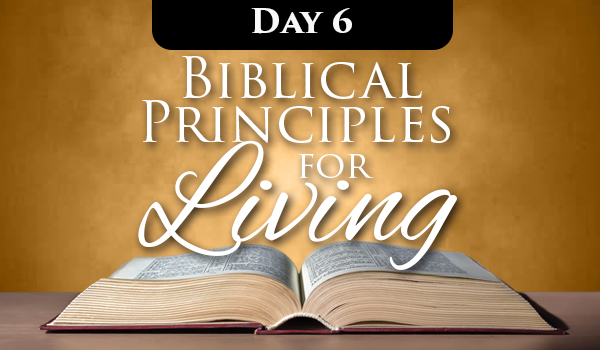The fear of the LORD is the beginning of knowledge,
but fools despise wisdom and instruction.
Proverbs 1:7
It has often been said that Psalms will keep you right with God, while the Proverbs will keep you right with man. However, both Psalms and Proverbs focus on God first, and then on man. But, generally speaking, the primary focus of Psalms is vertical, dealing with my relationship with God, while the primary focus of the Proverbs is horizontal, emphasizing my relationship with my fellow man. A happy, healthy, and holy life requires a balance of both of these relationships.
The purpose of Proverbs is to teach us God’s divine wisdom, the wisdom that was incarnated in Christ (1 Corinthians 1:30). We find this purpose stated clearly at the beginning of the book in the first seven verses. In these introductory words of Proverbs, we can see both the vertical and horizontal inseparably related: “. . . for gaining wisdom (vertical) . . . for receiving instruction in prudent behavior, doing what is right and just and fair” (horizontal).
So, biblical wisdom is not something philosophical, abstract, ethereal, or nebulous. It is intensely practical. Wisdom, therefore, is something we walk more than we talk. It is practical rather than polemic. It is experiential rather than ethereal. It is heavenly information that must result in earthly application.
Information that is not followed by application results in stagnation! The Word of God, which is the wisdom of God and the will of God, was not given for our information, but for our transformation. The crucial question for each of us, then, is: How is my life going to be different as a result of what God’s Word says to me? As James asks, are we a hearer or a doer of the Word? (James 1:22–25).
There is another important aspect concerning a study of Proverbs, and that is the Hebrew literary form called parallelism. In other words, a proverb will state the same truth in different words for the sake of emphasis and understanding. Sometimes the parallel truth is one of similarity. A good example is in the prologue (the first seven verses of the first chapter). There, we are told that the purpose of wisdom is “for receiving instruction in prudent behavior.” How do we know what kind of behavior “prudent behavior” is? It is that which does “what is right and just and fair.” The two statements in essence say the same thing, but with different words.
A few verses later we see a parallelism of dissimilarity. That means that there is a stark contrast between parallel statements. “The fear of the LORD is the beginning of knowledge, but fools despise wisdom and instruction.” Here we clearly see the parallel of contrast between the wise person and the fool, a recurring theme throughout the book.
Here’s a final note to parents. Who in particular is the book addressed to? Children, young people, and teenagers (Proverbs 1:4). This is the crucial time in life when they either take the path of wisdom or the path of foolishness. They either learn to make wise decisions that result in discipline and knowledge or they make foolish decisions that result in rebellion, destruction, and death! Study and apply the wisdom of Proverbs to your life and this will be the greatest example for your children. It will cause them to want to live by God’s wisdom rather than by the world’s foolishness!

